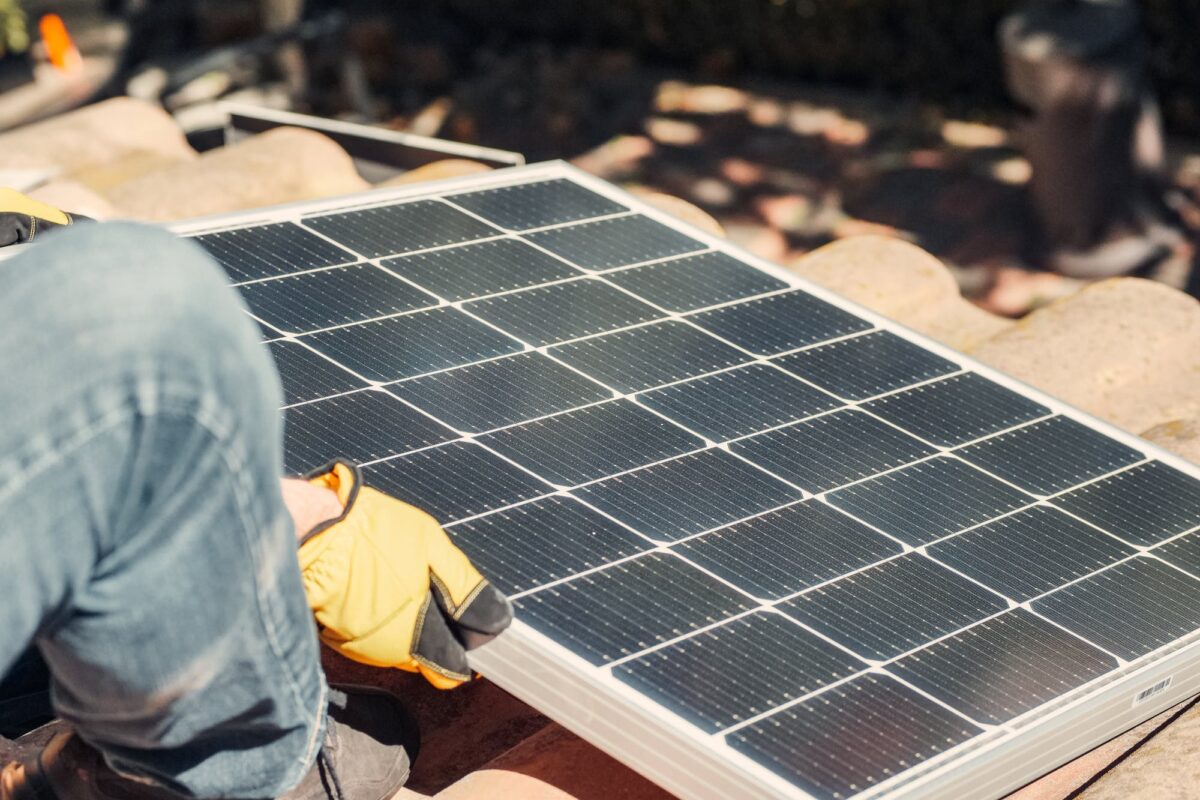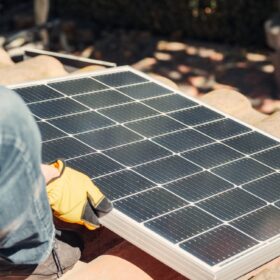From ESS News
US-based startup BESSt has launched a new redox flow battery technology that reportedly achieves 20 times higher energy density than conventional vanadium redox flow energy storage systems.
“Our battery is well-suited for solar and other renewable projects because it provides extended-duration storage without degradation, enabling round-the-clock reliability,” the company’s CEO, Joley Michaelson, told pv magazine. “That makes it effective for both hybrid renewable systems and standalone stationary storage. Its compact footprint also makes it easier to deploy alongside solar where space is limited.”
“Our initial focus will be the commercial and industrial market, especially government, critical infrastructure, and industrial users who require absolute energy reliability and safety. We will follow with a residential launch in early 2028,” he added.
The system’s key innovations include an electrolyte made with zinc–polyiodide (ZnI₂), developed by the U.S. Department of Energy’s Pacific Northwest National Laboratory (PNNL), and a “patent-pending” cell stack based on unspecified “earth-abundant” alloy materials sourced in the United States.
To continue reading, please visit our ESS News website.
This content is protected by copyright and may not be reused. If you want to cooperate with us and would like to reuse some of our content, please contact: editors@pv-magazine.com.









By submitting this form you agree to pv magazine using your data for the purposes of publishing your comment.
Your personal data will only be disclosed or otherwise transmitted to third parties for the purposes of spam filtering or if this is necessary for technical maintenance of the website. Any other transfer to third parties will not take place unless this is justified on the basis of applicable data protection regulations or if pv magazine is legally obliged to do so.
You may revoke this consent at any time with effect for the future, in which case your personal data will be deleted immediately. Otherwise, your data will be deleted if pv magazine has processed your request or the purpose of data storage is fulfilled.
Further information on data privacy can be found in our Data Protection Policy.